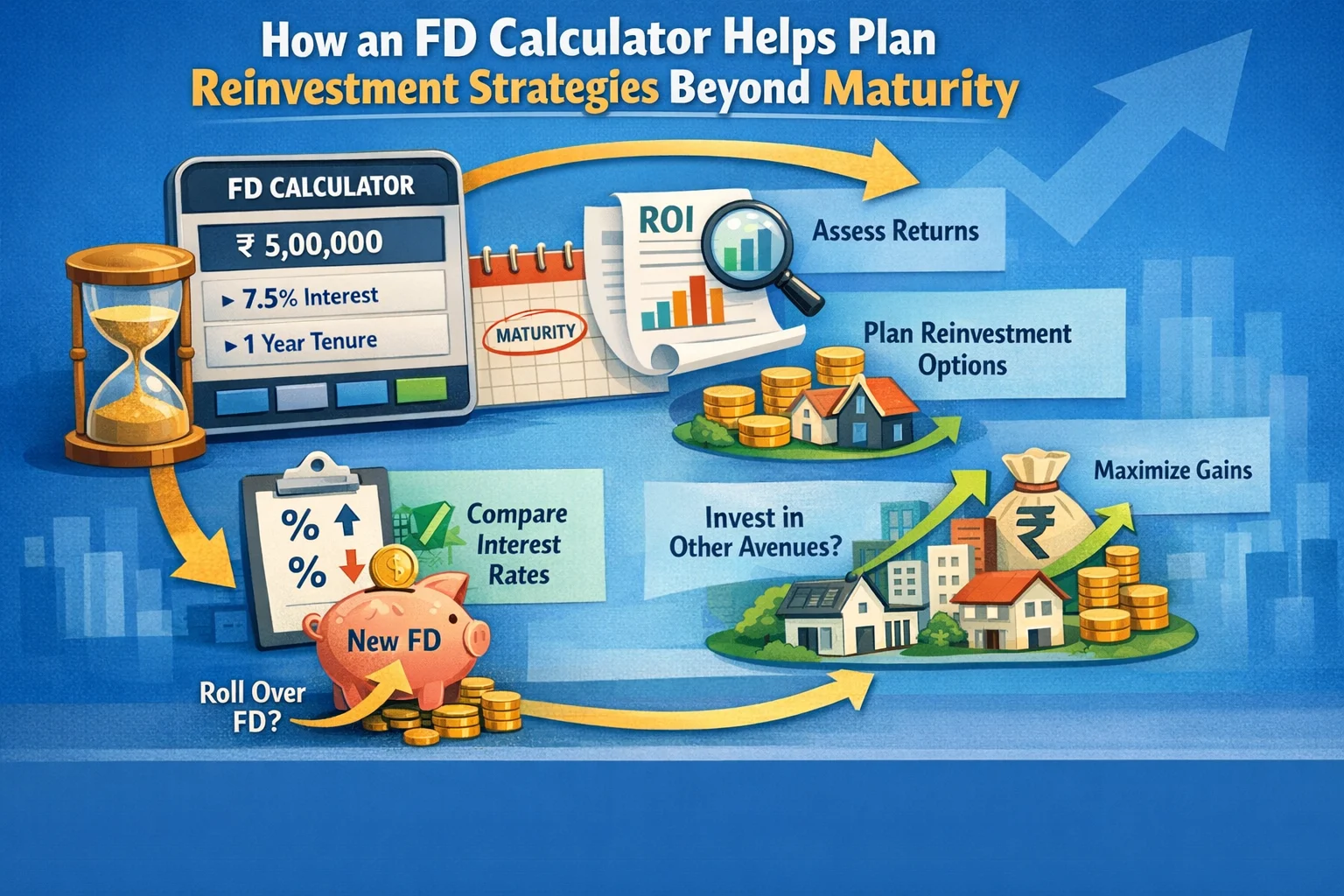The finance sector has experienced rapid growth in the past couple of decades and various specialized fields have emerged within the broader domain of finance. This has also led to the proliferation of a number of new careers aimed towards providing certain specialized services to individuals or institutional customers.
Nowadays, Risk Management, Investment Banking, Asset Management, Commercial Banking, Equity Research, Corporate Finance, and various other areas of special interest in finance require individuals with expertise and specific skill set to fill in the shoes. This trend of maintained focus on expertise in particular functional areas of finance has made it that much harder to make a choice of career in finance. In this post, we will provide an overview of some of the most popular career positions in finance and what is needed to be successful in them.
Top careers in finance: Which type is right for you?
Before we explain different finance career paths, you should know the difference between an accounting vs finance degree, and then reflect on what success means to you. While we’re bombarded with messages from friends, family, TV, and books about what success is, the fact is that it is different for everyone. The point is to figure out what really makes you feel fulfilled and accomplished.
Do you want to help people reach their goals? Do you want to crunch numbers independently so company leaders can make better decisions? What kind of lifestyle do you want? A high-paying job or having a work-life balance? Answering these kinds of questions will help you determine what finance career would be most fulfilling and best suit your lifestyle goals.
Investment Banking
Just like a real estate broker helps buyers find interested sellers and clients to purchase a property, does the supporting paperwork, and helps sellers find the clients and interested purchasers, so too an Investment Banker acts as a kind of “Financial broker”. Investment Banker helps businesses raise capital for projects or expansion, and assists them when viewing different channels for it, such as Private Placements, Initial Public Offerings(IPOs), Follow-on Public Offering (FPO), etc.
Additionally, an Investment Banking career also includes Merger and Acquisition activities where they play the role of “Financial brokers” and assist corporations to find adequate acquisition targets or suitable purchasers for their enterprises. So, how does Investment Banker earn a living? Through commissions, of course. These commissions usually range from 1% to 10% of the transaction value.
Asset Management
Asset management is the management of investments on behalf of others. The role basically has a dual mandate – risk mitigation and appreciation of a client’s assets over time. Since there are investment minimums, this service is generally available to high net-worth individuals, corporations, government entities, and financial intermediaries.
Your role as an asset manager will consist of determining what investments to make, or steer clear of, that will expand a client’s portfolio. You will need to conduct rigorous research, using both micro and macro analytical tools. This includes interviews with company officials, statistical analysis of the prevailing market trends, and anything else that can assist in accomplishing the stated objective of client asset appreciation. Additionally, you will choose where to invest the money. For example, in fixed income, equity, real estate, mutual funds, commodities or in alternative investments.
Commercial banking
A commercial bank is a financial institution that accepts deposits, makes different loans, offers checking account services, and offers basic financial products such as savings accounts to individuals and small companies or certificates of deposit (CDs). Commercial banks make cash by giving out loans and earning interest income from those debts.
The types of loans commercial banks issue vary and many include auto loans, business loans, mortgages, and personal loans. Each of these loans has an application process that needs to be completed in order to issue it. For instance, there is the personal loan application process, the mortgage application process, etc.
Some of the most popular careers in the commercial banking sector include trust officer, loan officer, mortgage banker, branch manager, and bank teller among others. Generally, different skill sets are required for keeping with the nature of a particular role.
Equity research
Equity research deals with the analysis of a business’ fundamentals, financial modeling, financial statement analysis, and scenario building for equity recommendations. As an equity researcher, you will work both for the buy-side and sell-side of a brokerage firm. Moreover, you will analyze and monitor the market, its trends, and its effects on businesses and stocks.
Despite its name, equity research handles commodities and bonds, offering macroeconomic views and derivatives analysis when needed by working in hand with the derivatives division of a brokerage agency. Your main objective will be to give insight and detailed analysis of a company, sector or stock and use this data to aid investors in allocating their funds adequately.
Corporate Finance
Corporate finance deals with capital structuring, financing, and investment decisions. Its primary concern is maximizing shareholder value through short- and long-term financial planning and the implementation of different strategies. Corporate finance activities range from investment banking to investment decisions.
Your role in a corporate finance department will include governing and overseeing a business’ financial activities and capital investment decisions. For example, decisions such as whether to go after a proposed investment or whether to pay for the investment with a loan, equity, or both.
Corporate finance professionals could have broadly differing work roles and thus the needed skill sets would also vary. Some of the usual openings include tax manager, financial analyst, treasurer and chief financial officer (CFO) among others.
Risk Management
Risk management is the practice of discovering potential risks in advance, researching them and taking precautionary measures to deter or reduce the risk. When an organization makes an investment decision, it opens itself to different financial risks. The range of such risks depends on the type of financial instrument. Such risks come in the form of:
Volatility in capital markets
High inflation
Recession
Bankruptcy
Hence, in order to minimize and manage the exposure of investment to these risks, you will, as a risk management professional, engage in broad-based financial risk analysis in different scenarios or work on financial risk modeling, predictive financial analysis or other technical aspects of financial risk management.
Depending on the professional work experience and education, a suitable career in finance can be selected to receive or enhance a particular skill set for a specialized role to develop an excellent career in finance. It is recommended to prepare and plan a more specialized career role since this can lead to better career growth. And yet, the selection should be based on a balancing of relevant factors to be able to effectively align your skillset, areas of professional interest and career objectives.




